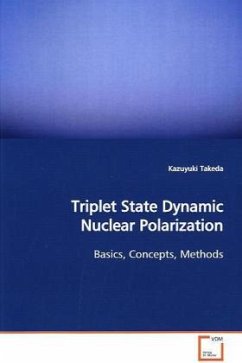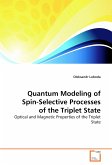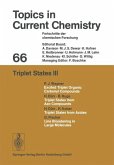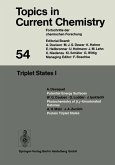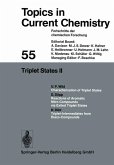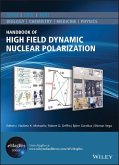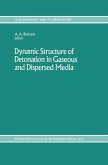Over the last several years, the use of nuclear
hyperpolarization techniques in nuclear magnetic
resonance (NMR) spectroscopy and magnetic resonance
imaging (MRI) has increased exponentially. Since the
signal sensitivity can be enhanced by orders of
magnitude compared to that in the normal conditions,
nuclear hyperpolarization, when applied to NMR/MRI
studies of chemical/biological interest, could enable
us to observe what we have so far not been able to,
and thereby bring us into a new realm of science.
This book focuses one of several ways to attain
nuclear hyperpolarization, namely, dynamic nuclear
polarization (DNP) using electron spins in the
photo-excited triplet state, addressing its basic
principles, discussing the elementary processes of
spin-polarization transportation behind the buildup
behavior, and presenting practical experimental tips.
Thus, this book should be especially useful to
graduate students in physics and chemistry studying
nuclear hyperpolarization, and anyone who may be
considering utilizing nuclear hyperpolarization for
NMR/MRI in chemical, biological, and medical
sciences.
hyperpolarization techniques in nuclear magnetic
resonance (NMR) spectroscopy and magnetic resonance
imaging (MRI) has increased exponentially. Since the
signal sensitivity can be enhanced by orders of
magnitude compared to that in the normal conditions,
nuclear hyperpolarization, when applied to NMR/MRI
studies of chemical/biological interest, could enable
us to observe what we have so far not been able to,
and thereby bring us into a new realm of science.
This book focuses one of several ways to attain
nuclear hyperpolarization, namely, dynamic nuclear
polarization (DNP) using electron spins in the
photo-excited triplet state, addressing its basic
principles, discussing the elementary processes of
spin-polarization transportation behind the buildup
behavior, and presenting practical experimental tips.
Thus, this book should be especially useful to
graduate students in physics and chemistry studying
nuclear hyperpolarization, and anyone who may be
considering utilizing nuclear hyperpolarization for
NMR/MRI in chemical, biological, and medical
sciences.

